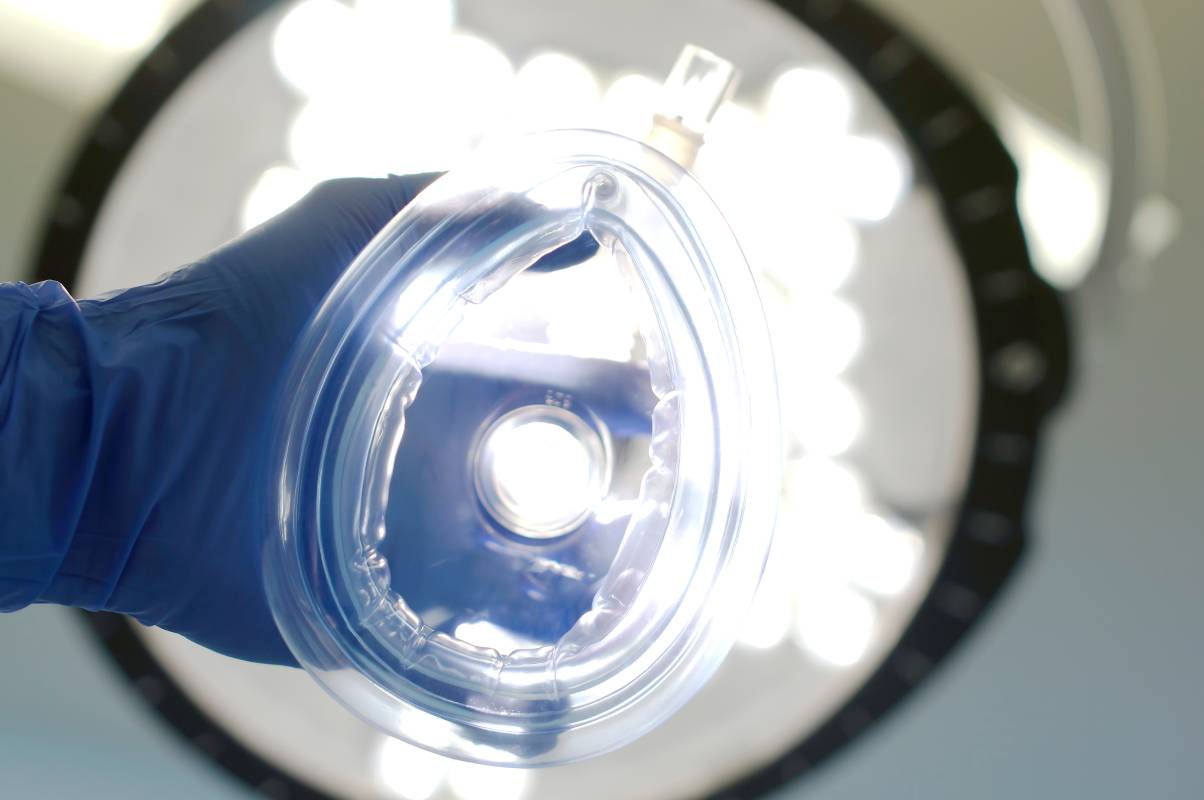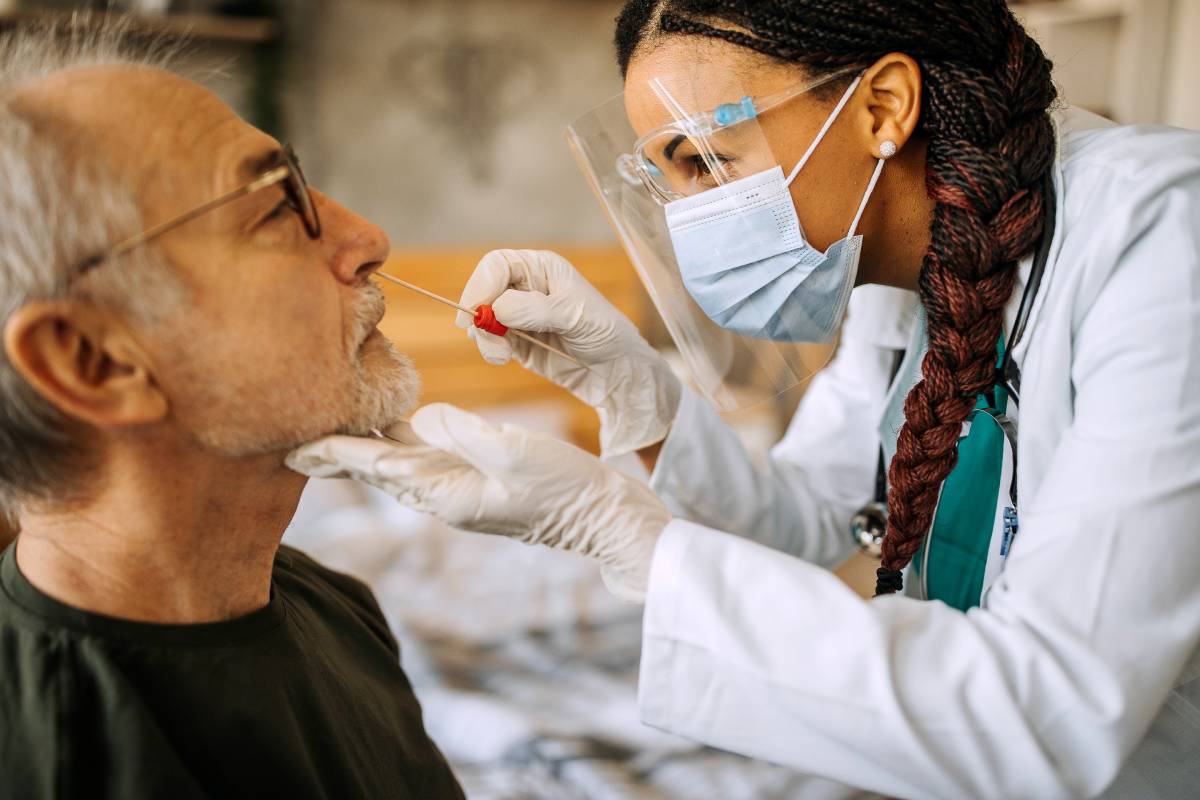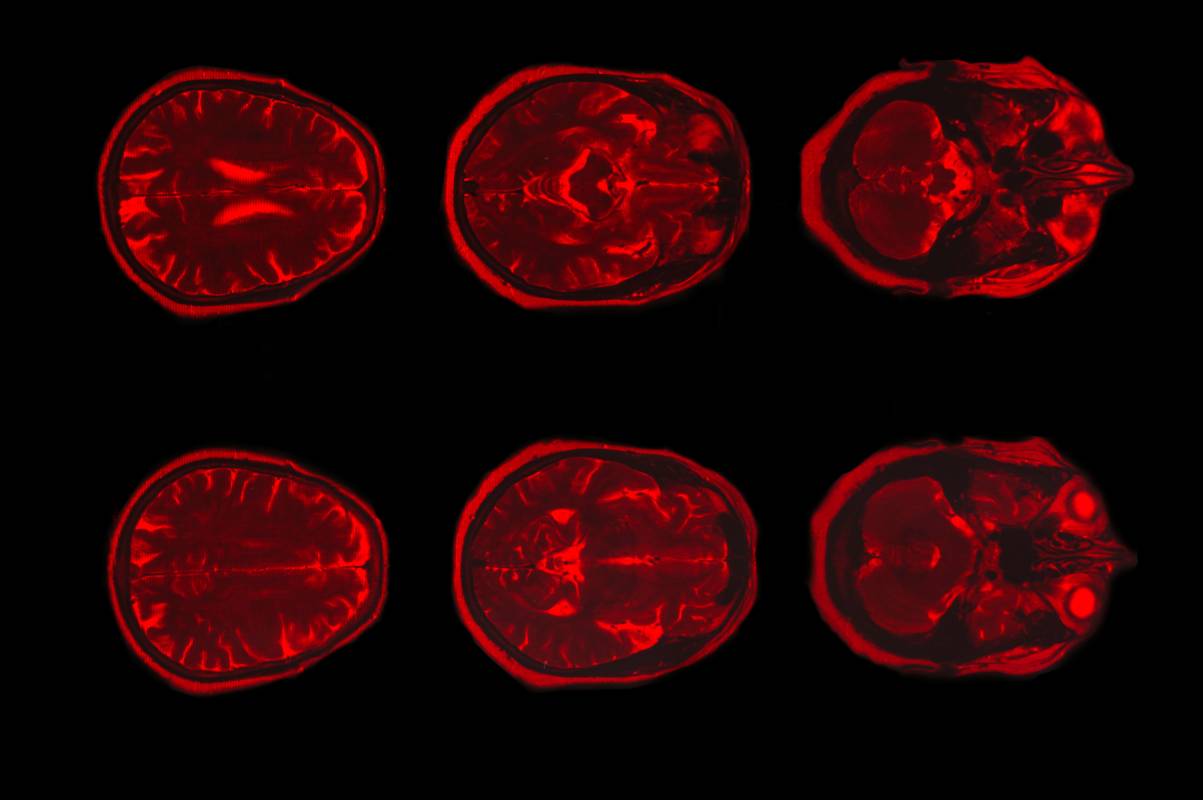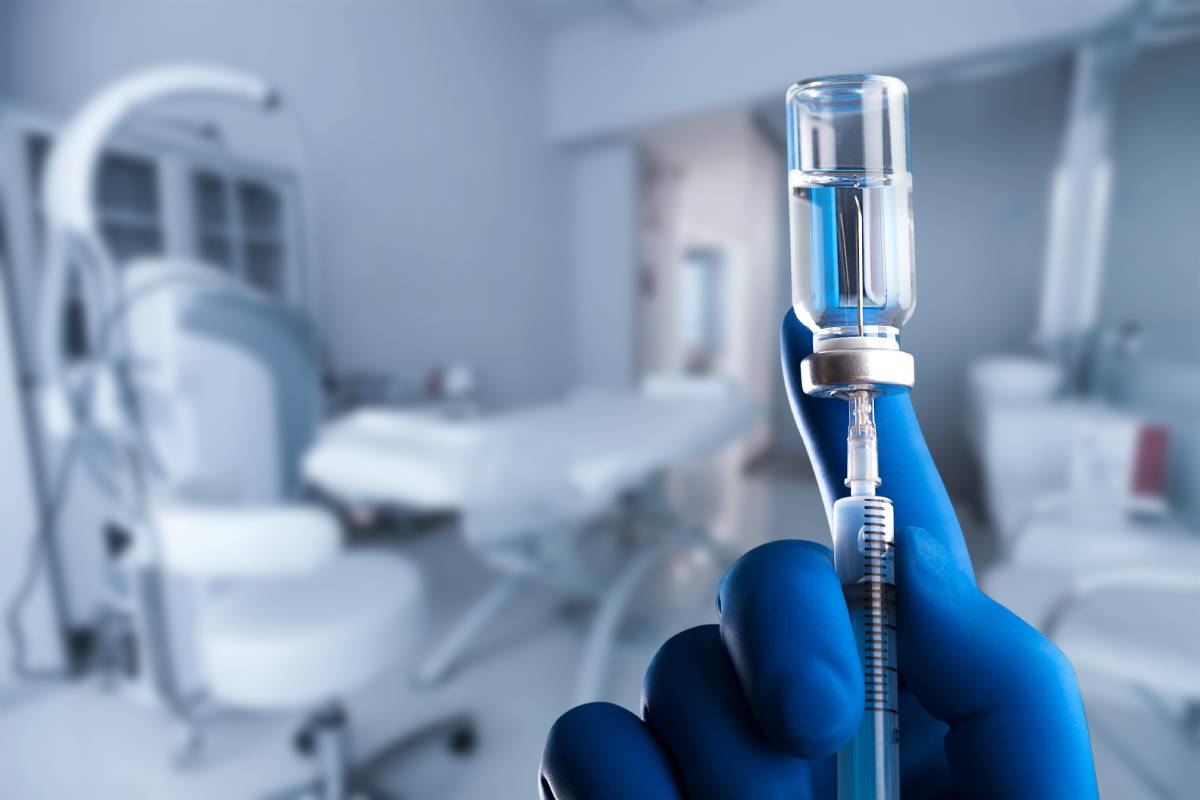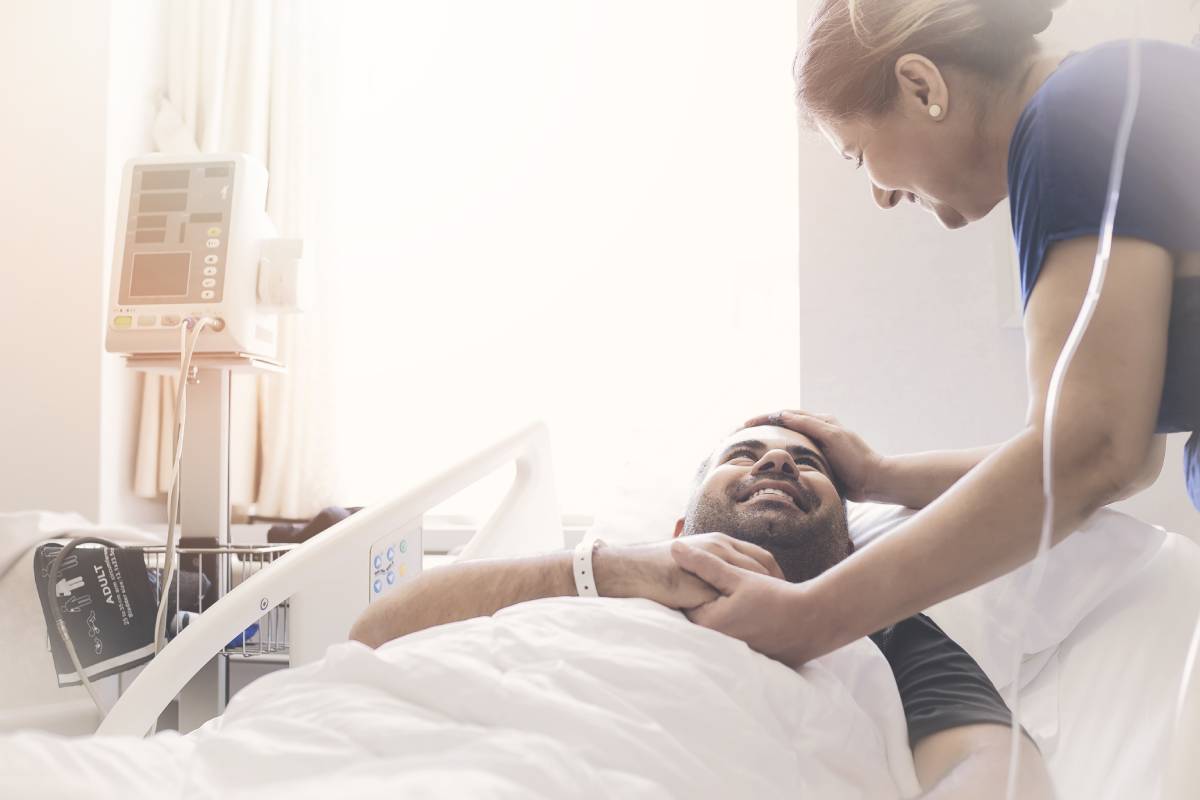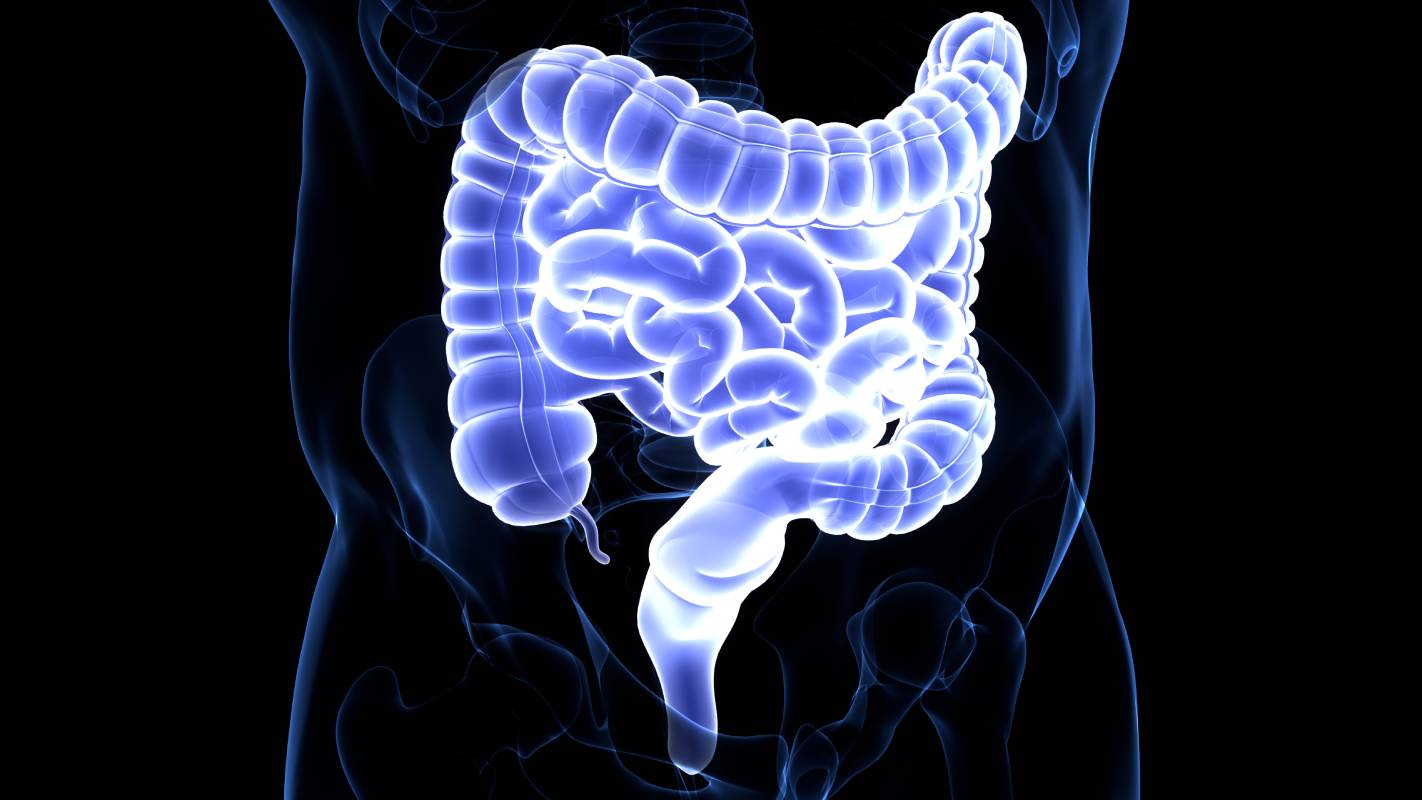According to the 2013 National Ambulatory Medical Care Survey, antidepressants are the third most frequently prescribed class of medications in outpatient clinics [1]. These medications are often prescribed for the treatment for depressive or anxiety disorders, such as major depressive disorder, phobias, panic disorder, generalized anxiety disorder, or obsessive-compulsive disorder [2]. However, they are also… Continue reading Anesthesia Considerations for Patients on Antidepressants
As of March 15, 2022, there had been almost 458.5 million confirmed cases of COVID-19 worldwide, including more than six million deaths (WHO, 2022). Asymptomatic and pre-symptomatic transmission seems to be one of the most important features of COVID-19 (Gao et al., 2021). Defined by the CDC as “when a person is infected with a… Continue reading Asymptomatic COVID-19: Data After 2 Years
Patients under 15 years old represent ~10% of the hospital inpatient population, yet clinical research on anesthesia in the developing brain remains limited [1]. Certain anesthetic agents are known to induce neurotoxicity in the developing brain of rodents and nonhuman primates; evidence in human children is less consistent but appears to support the animal model,… Continue reading Neuroprotection of Xenon in the Developing Brain
Nosocomial infections (those acquired or occurring in a hospital) are responsible for, respectively, 7% and 10% of infections in developed and developing countries 1. Airborne transmission specifically accounts for approximately 10% of all nosocomial infections. Historically, airborne transmission has been the main route of infection for tuberculosis and aspergillosis, and implicated in nosocomial outbreaks of Methicillin-resistant… Continue reading Air Purification to Reduce Healthcare-Associated Infections
Postoperative nausea causes significant discomfort in surgical patients, and while it is not directly implicated in an increased mortality, it is associated with increased risk of pulmonary embolism, longer hospital stays and complications to rehabilitation3. It is thus an important postoperative sequela to avoid3. Prior studies have shown that opioid administration during certain procedures may… Continue reading Opioid Associated Postoperative Nausea
The 2021 Nobel Prize in Medicine was recently awarded to two scientists who advanced our understanding of how the nervous system senses and interprets our environment 1. In particular, they contributed to the dissection of the mechanisms underlying how temperature and mechanical stimuli are converted into electrical signals in the mammalian nervous system. First, David… Continue reading 2021 Nobel Prize in Medicine
The most common reasons for a heart transplant are severe heart failure or improper functioning of one or both ventricles of the heart (Norton, 2021). A record-high 3,552 heart transplantations were performed in the United States in 2019, and the number of patients on the waiting list has only grown in recent years: according… Continue reading New Developments in Organ Donor Restrictions
Colorectal cancer, which occurs in the large intestine of the digestive tract, is the third most common type of cancer around the world (excluding non-melanoma skin cancers). Fortunately, its incidence and death rate have decreased in the United States and the European Union over the past two decades, largely because of the popularization of screening… Continue reading Risk Factors for Early-Onset Colorectal Cancer
With global COVID-19 cases surpassing 200 million in August and many expecting cases to reach 300 million early next year, the need for effective medications for infected patients has never been greater [1, 2]. In August 2021, the World Health Organization (WHO) announced the second leg of the Solidarity trial to test candidate treatments for… Continue reading Solidarity PLUS Trial for COVID-19 Treatments

